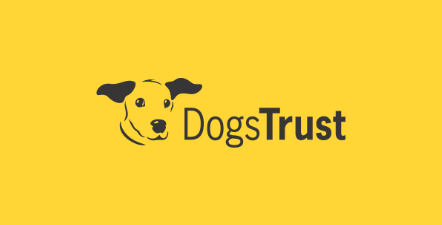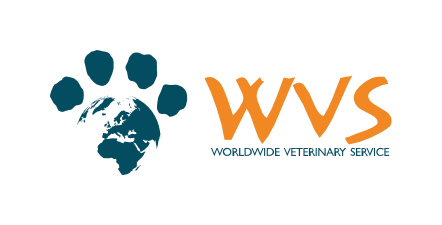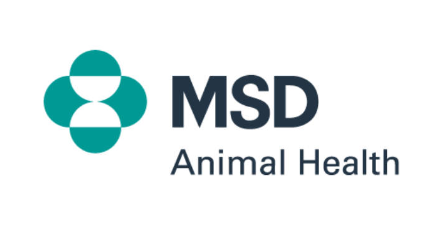Project Spotlight: life-saving mission in Mozambique
Rabies causes more than 1,300 human deaths every year in Mozambique, although most outbreaks are underreported, and there is little data available on the spread of the disease. The reality is that the actual number of human deaths in the county could be significantly higher. Not only is rabies a significant public health risk in Mozambique, but it is also a great economic burden. The cost of a single dose of human rabies vaccine is very high, with the majority of people not being able to afford a full course of post-exposure vaccines. In addition to this, rabies has a major impact on Mozambique’s farming community through the loss of livestock.

In 2021, we formed a partnership with the local government and Eduardo Mondlane University to conduct a proof-of-concept vaccination campaign in the Massingir district. The campaign was a great success, even with the low population density of many villages, the team vaccinated just under 2,000 dogs in 5 days. The following year, we returned to Gaza province and piloted a vaccination campaign in Chókwè and Limpopo districts.
In 2024 we completed a mass vaccination and education drive across the Chókwè and Guija districts, with over 5,000 dogs vaccinated and over 50,000 children educated in rabies prevention.

Stopping rabies at the source: 2025 vaccination campaign
In June, we completed an intensive eight-day vaccination drive in Chókwè and Guija districts. Our vaccination teams were made up of international volunteers and our local team. Volunteers joined us from around the world to provide life-saving protection to communities in Mozambique. We used a combination of door-to-door and static points in this campaign, with teams travelling through designated areas to vaccinate dogs, as well as having points where community members could bring their dogs forward. The WVS Data Collection App was used by our teams to record every vaccination administered.


The teams worked tireless to vaccinate as many dogs as possible, with 5,363 dogs receiving life-saving vaccinations.
Thank you to everyone who made this possible, including our project partners, FAVET- Eduardo Mondlane University, Association for Protection of Vulnerable Animals (APRAVet), The Ministry of Agriculture, Environment and Fisheries and The Ministry of Education and Culture (MEC).

Life-saving lessons: rabies education
Alongside our 2025 vaccination campaign, our local team visited schools to educate children on rabies. 40% of reported rabies cases worldwide are children under the age of fifteen, and in many countries we work in, this is even higher. This is why we deliver lessons directly to children in their classes and assemblies. We teach children key messages to keep them and their communities safe, including how to act around dogs and first aid to administer if bitten by a dog.

We use an array of teaching methods, including role play, props, flashcards and demonstration to deliver the message of rabies prevention and ensure it is memorable. During this campaign we delivered rabies prevention lessons to over 46,000 children.

Our education team demonstrated how to wash a bite wound to avoid rabies infection, including how they should use water and soap, and how long they should wash the wound for (at least 15 minutes). Demonstrations like this, help ensure that children remember this life-saving information.
Compassion in action
Karen Murphy joined our 2025 campaign in Mozambique forming part of our vaccination teams, alongside our local team. Our work would not be possible without our amazing volunteers, who are vital in our mass vaccination campaigns. Karen tells the Helensburgh Advertiser about her experience volunteering.

“I was very lucky to be able to volunteer recently in Mozambique. A team of six international volunteers worked alongside the local teams there, aiming to vaccinate at least 70% of dogs in two districts. The days were quite long with breakfast at 6am, leaving base at 6:30am and driving up to three and a half hours to reach some of the communities. We used a combination of static points where people could bring their dogs to us and door-to-door, which involved walking or driving some more.

We had schoolchildren, local chiefs and passers-by all help us at various points to locate houses and dogs. The dogs were largely working dogs and not always enthusiastic about having an injection, but we usually managed. Vaccinated dogs were marked with non-toxic paint so we could identify them if we returned to an area. The days were challenging at times, but it was incredible satisfying work, and I look forward to volunteering again in the future."

Are you ready for an adventure?
We need passionate volunteers to join us for our 2025 Tanzania and Cambodia vaccination campaigns. Find out more about these opportunities and sign up here.


